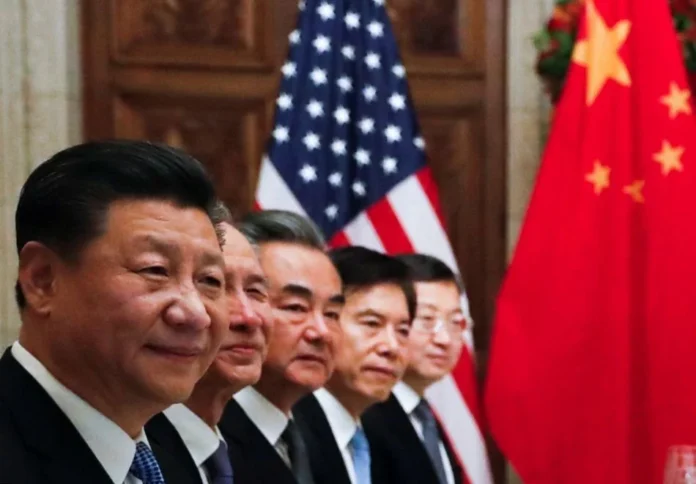Author: Michael Schuman
Affiliation: Independent Writer
Organization/Publisher: The Atlantic
Date/Place: October 5, 2020/USA
Type of Literature: Article
Word Count: 1800
Link: https://www.theatlantic.com/international/archive/2020/10/what-kind-superpower-will-china-be/616580/
Keyword: China, Hegemony, Superpower
Brief:
The author discusses a futuristic question regarding the nature of Chinese politics, if it was to become a superpower. Quoting the US’ Secretary of State Mike Pompeo that “China would be a greedy authoritarian regime, bent at destroying democracy,” the author himself agrees to this hypothesis. The foreign policy practices of the great Chinese dynasties reveal a consistent pattern of the ways they would use to consolidate power. Although the Chinese premier Xi Jinping’s address to the United Nations General Assembly (UNGA) last month stressed on China’s belief in peaceful development, its history says otherwise. The very aggressive and expansionist nature of Chinese emperors in the past is asymmetric with China’s pacifist claims. Countries having formal relations with China often accept its domination; as for those who seek to resist Chinese prowess, they are most likely to see the brute force of China. This has been evident in the actions of the Sui dynasty and the Tang, whose offensives spent decades against the strong Koguryo Kingdom in Korea. Although Beijing explicitly says that it does not seek hegemony, its actions in the South China Sea and against Vietnam and Taiwan speak otherwise. On economic matters, a more benign China could be seen extending its technological hands to everyone, irrespective of the regime types. China strongly believes in spreading its civilization—a belief which comes from Confucius himself. Hence, China will expect its allies to be more like itself, so that they remain part of the inner-world (favorable ones) in the Chinese records.
By: Usman Khan Pathan, CIGA Research Associate




